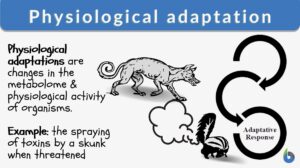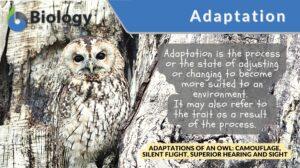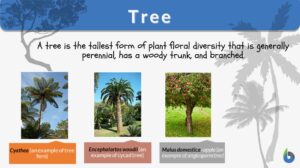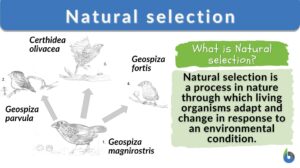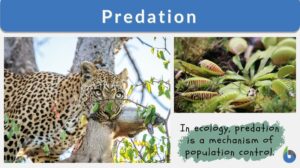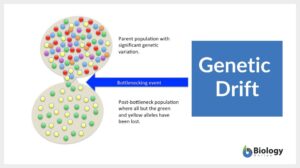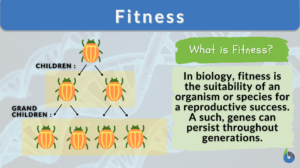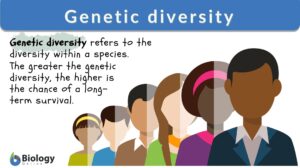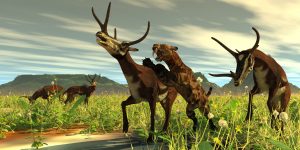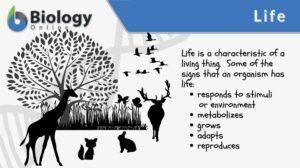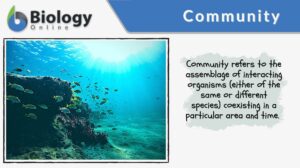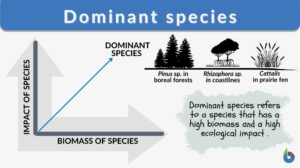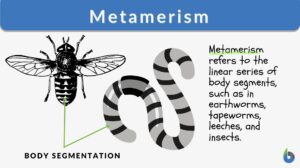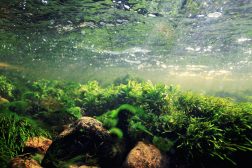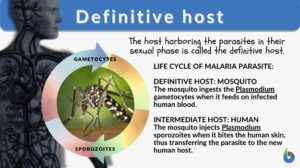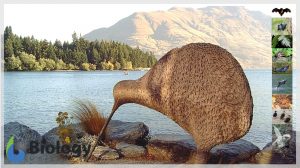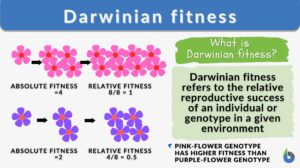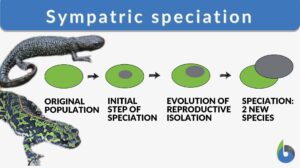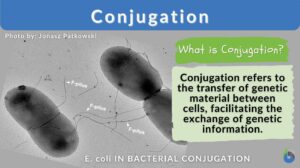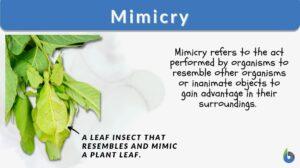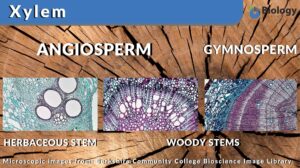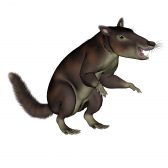Search Results for: adaptation
Physiological adaptation
If we look over evolutionary history, we find that it’s neither the most genius and intelligent nor the strongest and the... Read More
Adaptation
Adaptation Definition In biology and ecology, adaptation refers to the process of adjusting behavior, physiology, or... Read More
Adaptation Tutorial
Adaptation, in biology and ecology, refers to the process or trait through which organisms or the populations in a habitat... Read More
Social adaptation
social adaptation adjustment to living in accordance with interpersonal, social, and cultural... Read More
Reproductive adaptation
reproductive adaptation A peculiarity of the reproductive mechanism of a species that results in it being better fitted to... Read More
Characteristic
Characteristics Definition We can define characteristics as qualities or features that describe the distinctive nature or... Read More
Natural selection
Natural Selection Definition What is natural selection in biology? Natural selection is defined as a process in nature... Read More
Genetic drift
Genetic Drift Definition What is genetic drift in simple terms? The simple definition of genetic drift ( also referred to... Read More
Exaptation
An exaptation is a biological adaptation where the biological function currently performed by the adaptation was not the... Read More
Animal Water Regulation
Homeostatic control, a set environment, and how evolution and natural selection drives a species to adapt to its environment... Read More
Parallel evolution
Definition noun An evolutionary process by which two or more separate species in the same environment develop similar... Read More
Genetic diversity
Genetic Diversity Definition Each species is composed of individuals with their own set of genes. A gene is the inheritance... Read More
Early Mammals on Earth
By the time the dinosaurs were extinct 65 million years ago, the world's landmass had split up into more or less the... Read More
Hypertrophy
Hypertrophy Definition Hypertrophy refers to the enlargement or increase in the size of an organ or tissue due to the... Read More
Community (biology)
Community, in biology, refers to the assemblage of interacting organisms (either of the same or different species)... Read More
Dominant species
Dominance is the state of being supreme or dominant. Community dominance refers to the form of dominance where certain... Read More
Acclimation
Acclimation --> acclimatization adaptation to a new environment or to a change in the old. Adaptation to a new climate (a... Read More
Sensory Systems
A sensory system is a part of the nervous system consisting of sensory receptors that receive stimuli from the internal and... Read More
Metamerism
Metamerism Definition Metamerism is the repetition of homologous body segments. This type of development can be seen in the... Read More
Lotic Communities & Algae
In general, the diversity of plant species in a lotic community is small compared to that of a still water (lentic)... Read More
Definitive host
Different Biological Relationships The biological world is interconnected whether we notice it or not. All the life forms... Read More
Ecology & Biodiversity: New Zealand Flora & Fauna
New Zealand is known for its unique biodiversity, caused by its remarkable geography and geologic history. Breaking away... Read More
Darwinian fitness
Darwinian Fitness Definition Darwinian fitness refers to the measure of an individual organism's or genotype's reproductive... Read More
Sympatric speciation
Speciation is a process of evolution through which two different existing populations evolve and a distinct species form. It... Read More
Conjugation
Conjugation generally means the joining or coming together (union), such as in certain unicellular organisms (some bacteria,... Read More
Carbon fixation
Carbon Fixation Definition We know that the earth contains many elements. The periodic table shows us just how many... Read More
Biocoenosis
Definition noun, plural: biocoenoses All the interacting organisms that live together in a specific habitat or biotope,... Read More
Pupillary light reflex
Definition noun, plural: pupillary light reflexes A reflex marked by the constriction of the pupil in response to the... Read More
Mammalian Ancestors
Humans are mammals, the most successful taxonomic class of organisms to colonize the Earth. The word mammal derives from the... Read More
